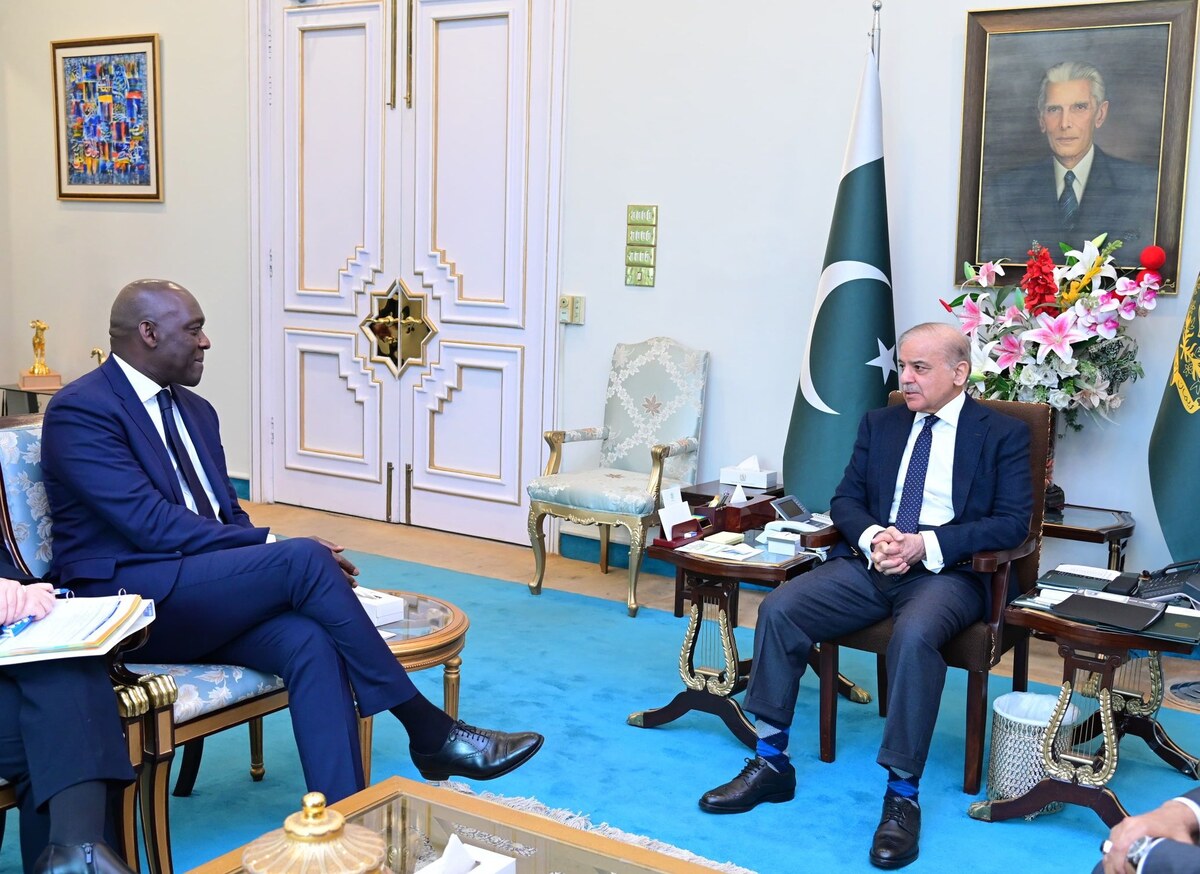ISLAMABAD: Pakistan’s religious affairs ministry on Friday announced the successful completion of a survey carried out by a Saudi delegation at the Jinnah International Airport in Karachi to fast track the implementation of Makkah Route Initiative to facilitate local pilgrims ahead of the Hajj season this year.
Launched as part of the kingdom’s Vision 2030 plan, the initiative allows for the completion of immigration procedures at the pilgrim’s country of departure, making it possible to bypass long immigration and customs checks upon reaching Saudi Arabia, which significantly reduces the waiting time and makes the entry process smoother and faster.
Pakistani pilgrims performing Hajj under the government scheme have been availing this facility at the airport in Islamabad for the last couple of years. But the government wants the initiative to be extended to other cities as well.
“Saudi immigration and customs clearance of pilgrims traveling from Karachi will be completed at the airport in the Pakistani city,” announced the office of Dr. Syed Atta-ur-Rahman, federal secretary at the ministry, on Friday. “There is a strong likelihood that Saudi officials will introduce the latest immigration technology at the Karachi airport, enabling the immigration processes to be completed in less than a minute.”
Pilgrims availing the Makkah Route Initiative will get their luggage right at their doorstep. Dr. Atta-ur-Rahman said the modern system would significantly reduce complaints of lost luggage.
Pakistan expects more than 60 percent of pilgrims performing Hajj this year to benefit from the initiative. People opting for the private Hajj scheme can also avail the facility, provided that the company providing them services have contacted the ministry for the purpose.
Saudi Arabia last year restored Pakistan’s pre-pandemic Hajj quota of 179,210 pilgrims and abolished the upper age limit of 65 years. More than 81,000 Pakistani pilgrims performed Hajj under the government scheme in 2023, while the rest used private tour operators.
This year’s pilgrimage is expected to run from June 14 till June 19.
Pakistan announces completion of survey for Makkah Route Initiative at Karachi airport ahead of Hajj season
https://arab.news/wx758
Pakistan announces completion of survey for Makkah Route Initiative at Karachi airport ahead of Hajj season

- More than 60 percent of Pakistani pilgrims on government program are likely to benefit from the initiative this year
- Private Hajj operators can also avail the facility for pilgrims by contacting ministry officials for the purpose on time

















